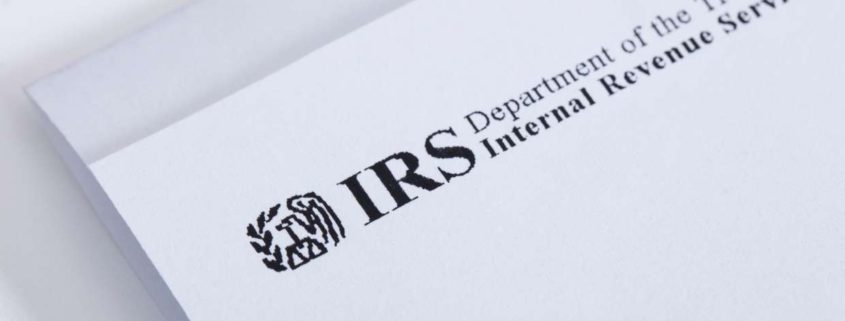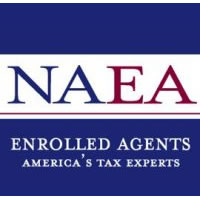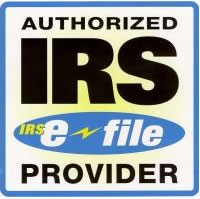When an IRS Notice lands in your mailbox
The IRS has begun sending out tax notices to taxpayers who still owe their 2017 tax, or whose returns the IRS is adjusting.
If you still owe your 2017 tax and cannot pay it now, then go to www.irs.gov and set up an Online Payment Agreement. It is relatively easy to do. The interest rate is the federal short-term rate plus 3%, so it is typically much less expensive that charging your tax to a credit card. If you are already on an established installment plan, you can continue making the payments or re-negotiate the payments.
If the IRS is adjusting one of your tax returns, then please send a copy of your notice to your Enrolled Agent. An Enrolled Agent like myself can help you respond to IRS notices and, when necessary, challenge the proposed adjustment. Even if you agree with the change. It is important that the correct information be carried from one year to the next, and if changes have been made, then your tax preparer will need to make a note of those corrections.
Here are a few tips on how to respond to an IRS notice.
Understand that you are not alone. Every year the IRS mails millions of letters and notices.
Don’t Panic! Calmly open the envelope and read it carefully. Not every IRS letter is bad news, and many can be dealt with simply and painlessly. Some letters are informational and require no response.
Follow instructions and keep copies. Each letter states instructions and time frame for making a response. If a response is necessary, you can request an extension of time to respond. Sometimes you need extra time to build a case.
Do not ignore your notice. If you ignored previous notices and receive a Notice of Deficiency (90 day notice), no extension can be granted, and if you want to dispute the tax, you must do so in Tax Court. Don’t go there.
Check the IRS numbers against your return or document. If your notice is adjusting your return, check their numbers against yours. Sometimes, the IRS gets it wrong, especially with clergy taxes. A common adjustment made is to the estimated tax payment amounts on the return. Be sure to keep good records and give me exact dates and amounts of estimates you sent in during the tax year, so that preparation is right from the beginning.
If you suspect fraud, there are certain channels to take. Your Enrolled Agent can give you guidance.
The IRS will never call you! If you receive a call from someone claiming to be the IRS and demanding immediate payment or threatening arrest, THIS IS A SCAM. Hang up immediately.
One last reminder concerning the new Tax Cuts and Jobs Act. Unreimbursed employee expenses have been eliminated on the Sch A for 2018. However, the IRS has still not provided guidance for clergy as to whether they can continue to be utilized for reducing SE income tax. Ask your church to set up an Accountable Reimbursement Plan for these expenses. If you have unreimbursed expenses during the year, continue to keep up with them until definitive guidance is provided.





